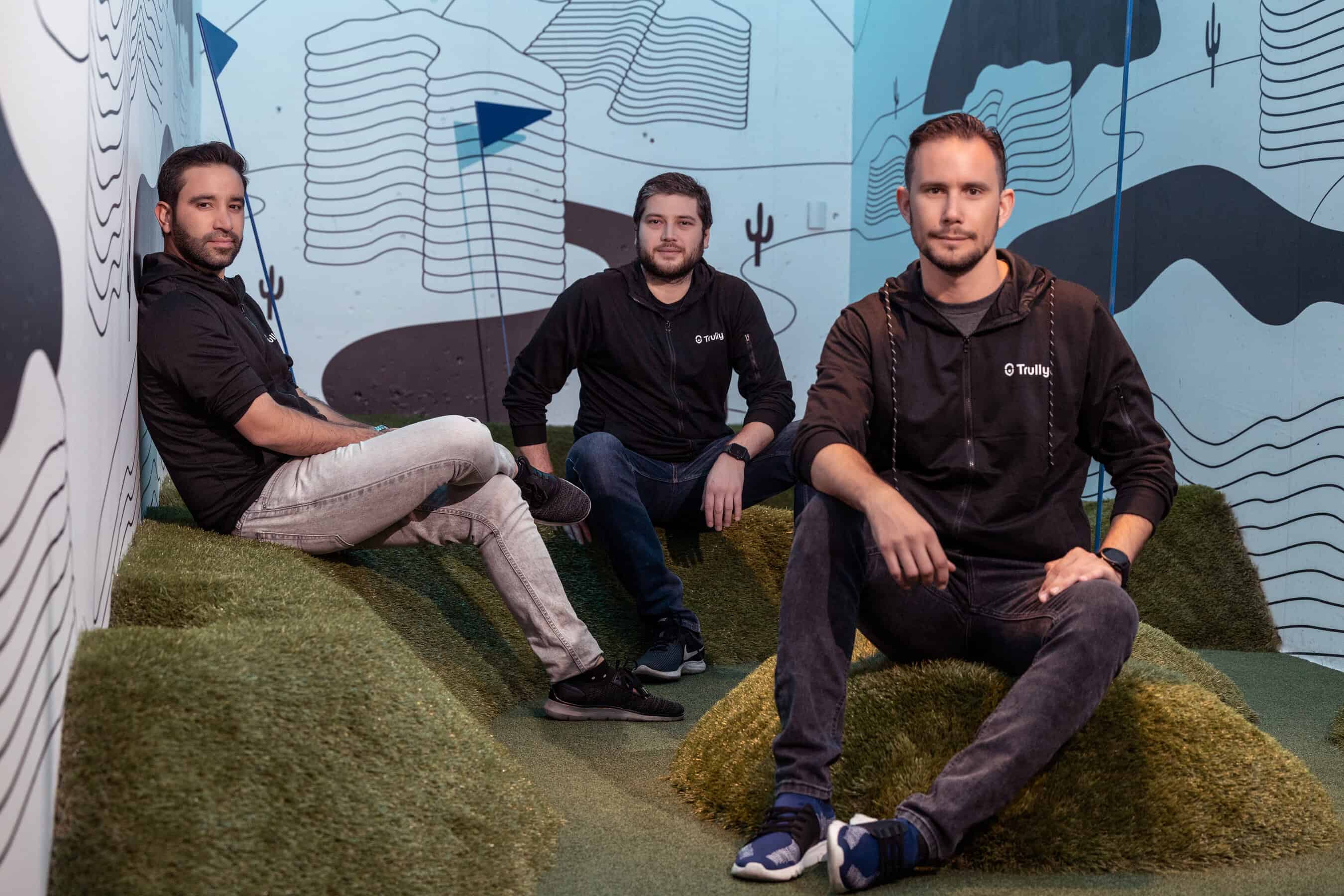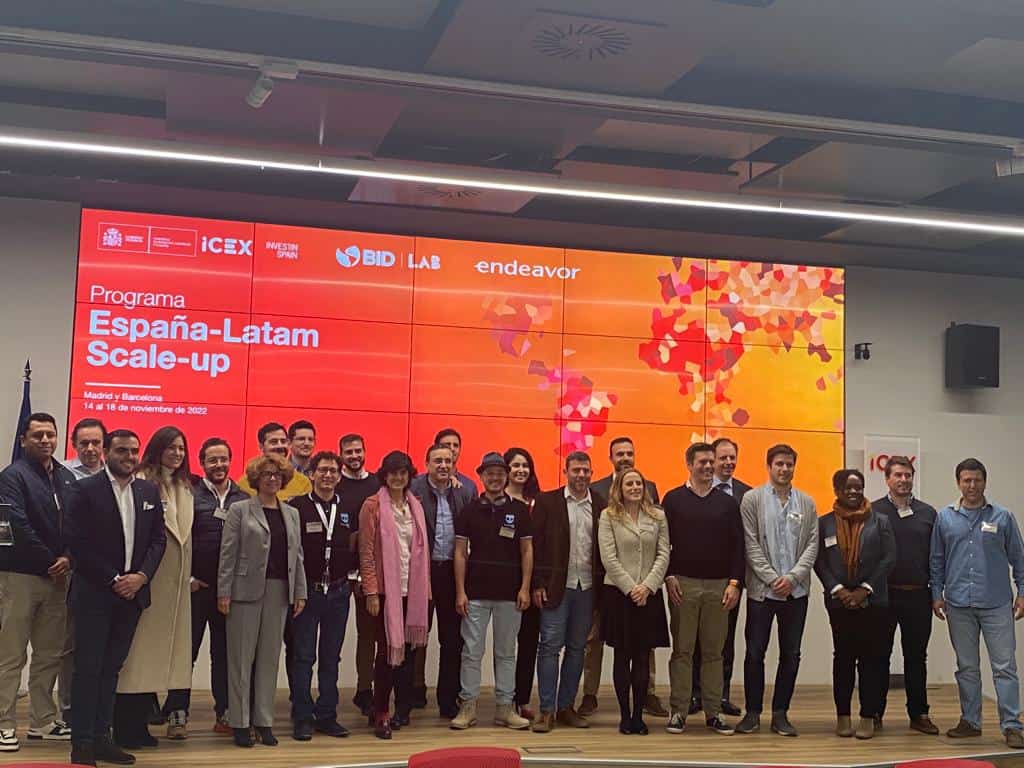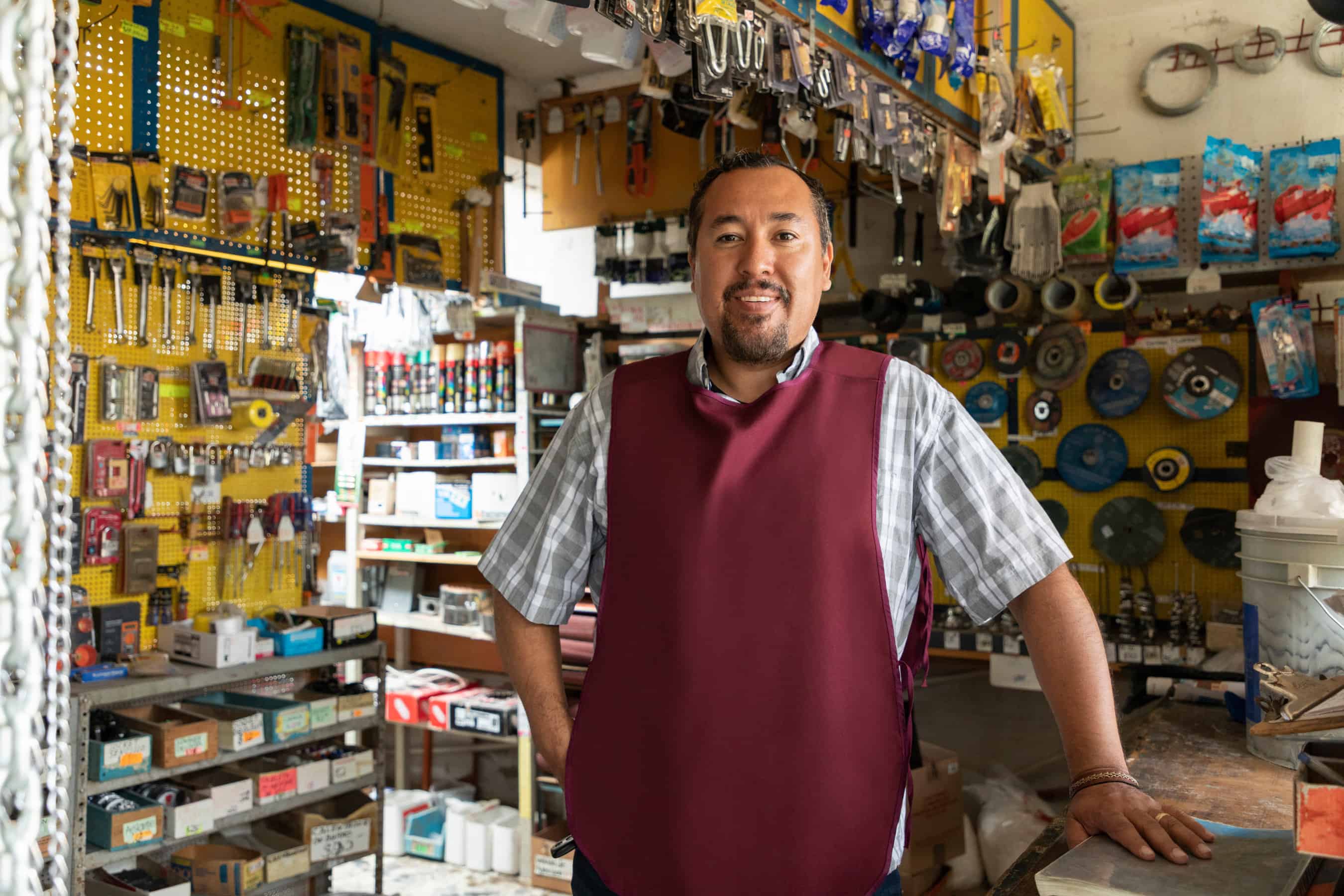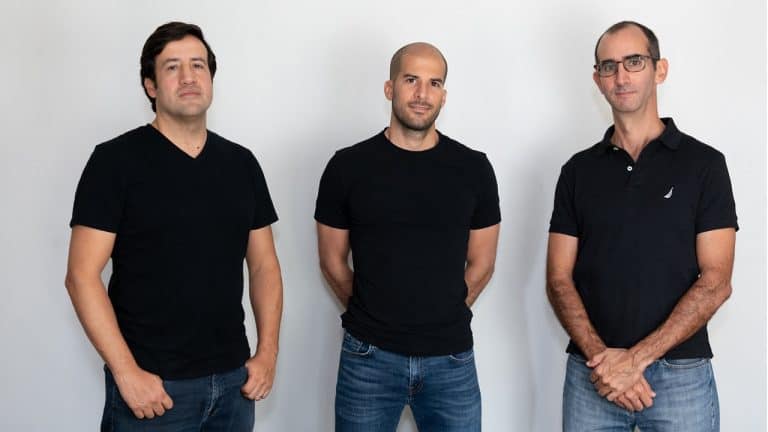“The fintech landscape in Latam as told by its protagonists” was the opening panel of the Startup Latam Fest, an event organized by the Chilean media Startups Latam. Moderated by the co-founder of CobranzaOnline.com, Belén Sanguinetti, it dealt with the challenges and opportunities for financial technologies in the region.
It started on time (10.20 a.m.), and the attendees filled the chairs as they left the long line at the coffee food truck, where they presumably went to weather the cold that, along with a drizzle, surprised many, given that Santiago is in the middle of spring. The weather likely compromised some of the attendance at the event.
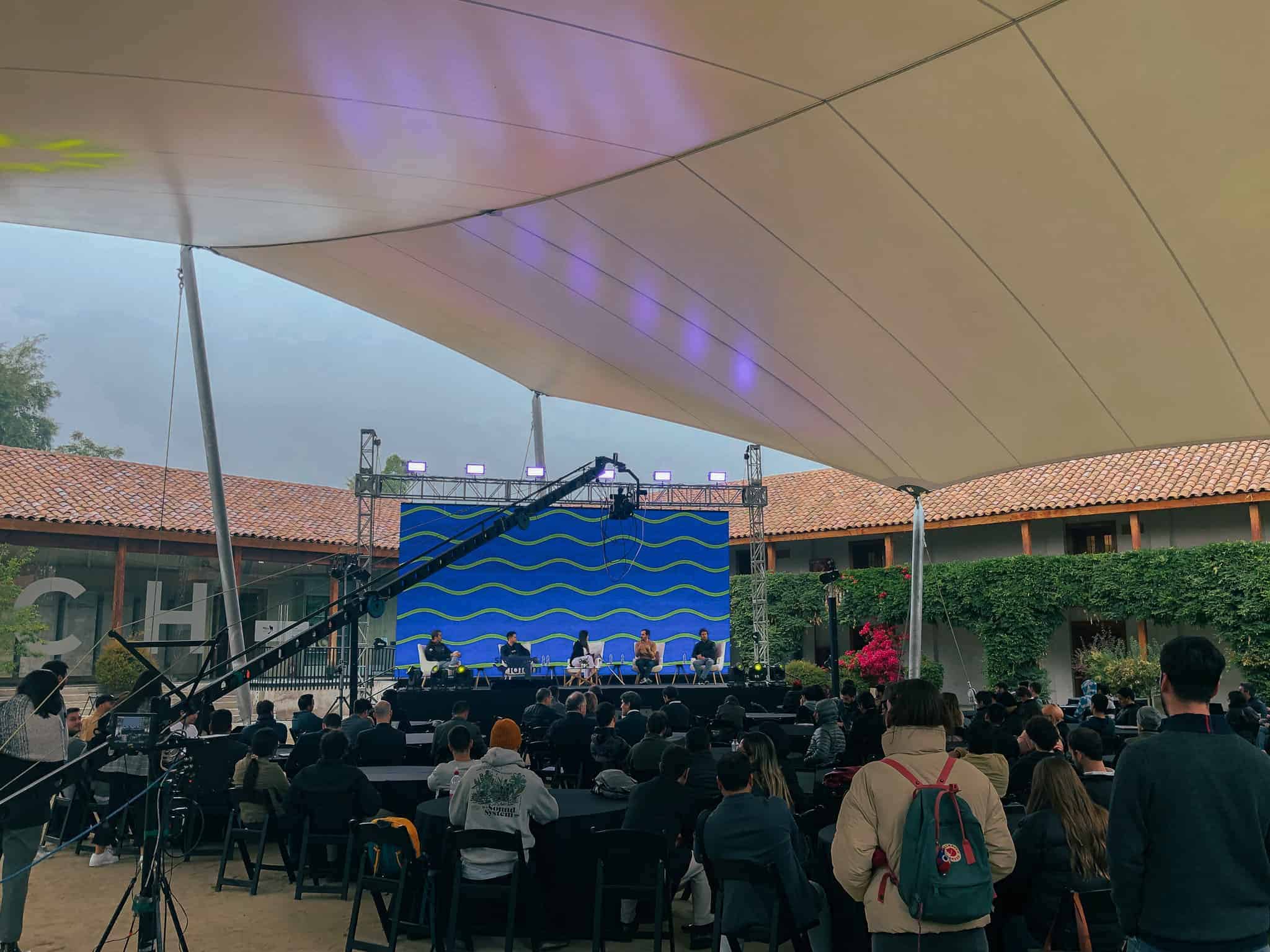
“The number of fintech companies has increased by 85% in less than two years,” said Sanguinetti, referring to Chile, and then introduced the panelists.
One is Maurizio Oneto, Chief Experience Officer of Global66, the Chilean suite of financial technology services for individuals and companies, which, he says, “is much easier to use than the financial services that exist today.” He shared a “fun fact” about the industry, something the other panelists would later imitate. His was on the region’s banking penetration: “The ratio between inhabitants and number of banks in the US versus LatAm is 35 times greater in the US. In other words, there are 35 times more banks per person in the US than in LatAm”.
Next to him was Sebastián Romero, the young founder of BucksApp, a Paraguayan fintech that provides data technology solutions to financial institutions. The startup is at the earliest stage of those on the panel, although they already work with four financial entities, one of them with more than 80 thousand clients. “An interesting fact that applies to us: nowadays, banks generally take four to six months to integrate with a supplier, which is a very long time, and we aim to do it in a month and a half,” says Romero.
The third is Juan Fantoni, CCO and cofounder of Pomelo, an Argentine financial infrastructure, and card issuing company recently named one of the most promising startups in the world. “I have a big client here,” he says, pointing to Oneto with a chuckle. “And a potential client there, who we’re trying to convince, who hasn’t launched a card yet,” he adds, referring to Xepelin’s co-founder. His fun fact is that “they did a survey and people preferred to go to the dentist more than to the bank.” He reflected that there is still a lot for banks to improve and for fintech to make up for.
Rounding out the panel was Nicolás de Camino, one of the founders of Chilean startup Xepelin, a SaaS platform for businesses to organize their financial information in real-time. Pointing to the food trucks at the event, he says: “For example, they are selling to people. We are trying to solve the problem of suppliers selling to them.” His fun fact: “In the B2B segment, there is not yet a dominant company in Latin America, but the amount of money and collections is about eight times bigger than in other segments”.
Barriers and opportunities
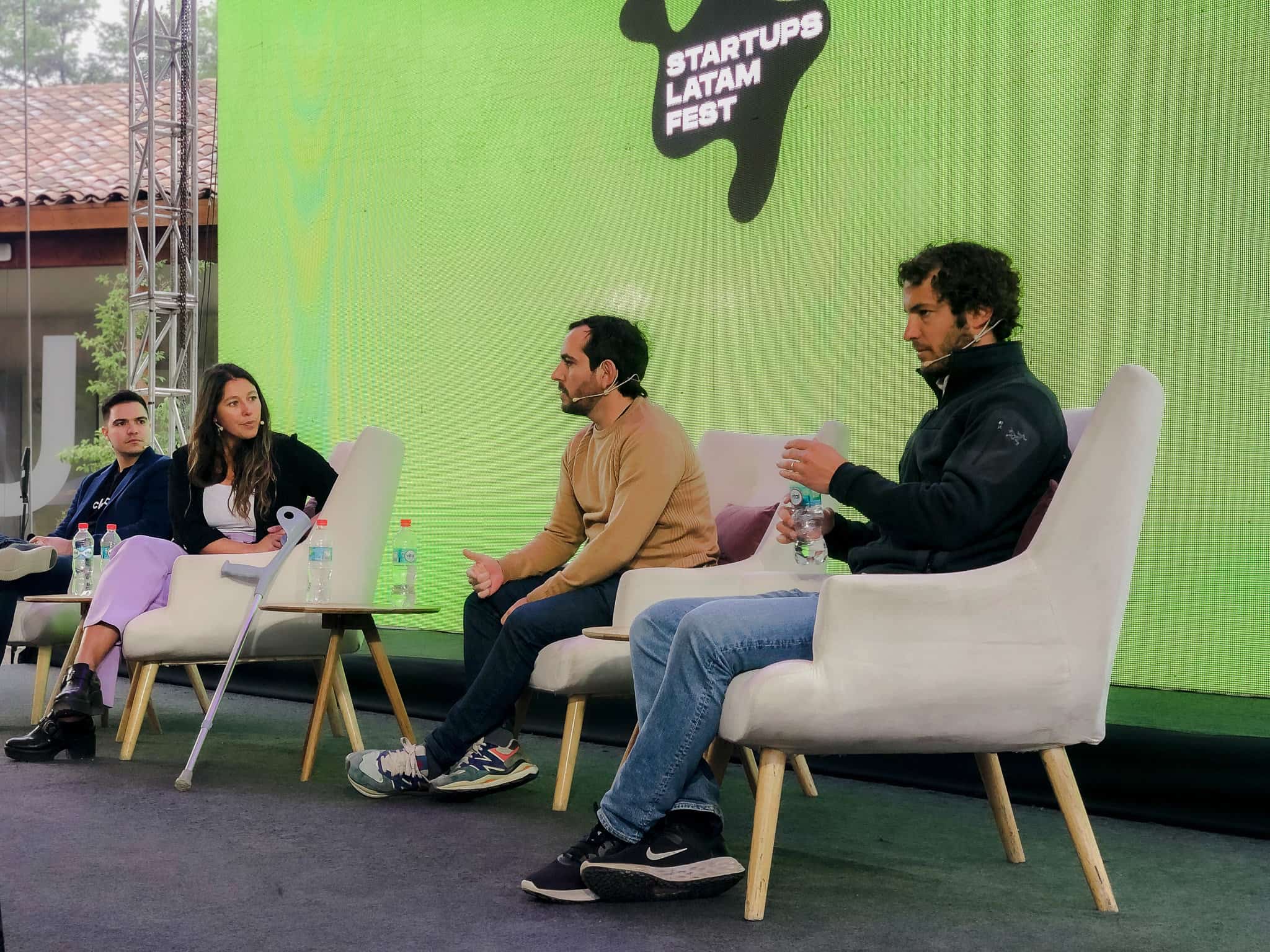
Sometimes technology companies grow and organically cross the borders of the region. However, some propose to have a global or Latin American impact from their inception. When to internationalize? What are the barriers to entry? What about regulations? Is there time to wait in terms of fintech?
Xepelin thought about other markets from the beginning. Because of the similarities between Peru and Colombia in financial matters, says de Camino, the natural thing to do was to start there and go from south to north and thus “move upwards.” However, talking to foreign investors, they told them to skip these countries and go straight to Mexico.
From their point of view, de Camino explains, the important thing was the market size. “At the end of the day, they were right,” he reflected. “If we had gone to Peru, we probably would have lost time.” His market would never have surpassed Chile’s; instead, his market in Mexico is already the size of Chile’s. “And it’s probably going to be five times bigger in five years.”
Juan Fantoni of Pomelo (which operates in Argentina, Brazil, Mexico, Colombia, and Peru) takes the focus off the size of the market and puts it on the regulations of the fintech model: “The good news is that it is very scalable: you can move from one country to another very easily. The bad news is that you have different regulations throughout LatAm”. The problem with this is that the bureaucracies of many countries in the region take more than 18 months, even two years. “In the startup model, in the technology model, waiting two years for something is almost unfeasible,” he says.
As an example, he cites the European case, where there is only one regulation: “You launch a fintech in Spain, and you can go to 10 countries the following month, with the same regulation”. The question remains open: could we move towards something like a Latin American Central Bank?
Part of Pomelo’s services is “regulation as a service.” When a fintech wants to launch a product, the Argentine startup offers licenses to operate in different countries. Juan Fantoni hopes this will lead to a scenario similar to that of Europe.
Maurizio Oneto, who shares the vision of the international scenario presented by his co-panelists, calls for “not resisting regulation.” And he maintains that it is to be expected that in the region, we are in the early stages in terms of legislation.
Of the four companies, the only one that is not subject to entry regulations is BucksApp. However, according to Sebastián Romero, negotiation with the banks is the most complicated part. They have had to create data anonymization systems with IDs to operate, which is a long process. However, he concludes that whatever the gateway to a given market, this can be an opportunity: “The higher the barrier to entry, the higher it is for the competition.”
You may also be interested in: Gastón Irigoyen, CEO of Pomelo: “All the Fintechs We Use Are Built on Obsolete Infrastructure”

